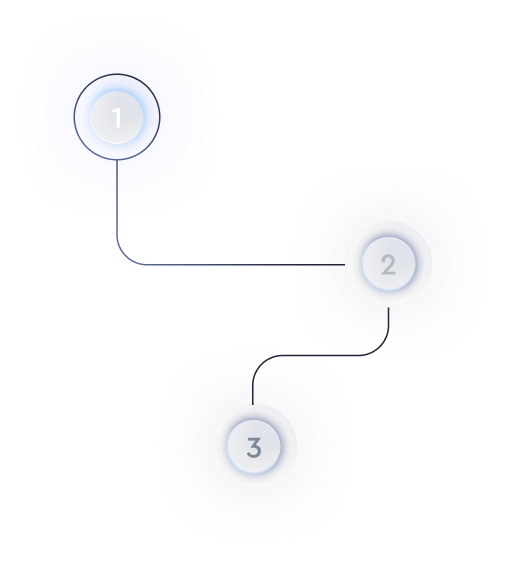Which psychological triggers can improve CTA click-through rates on my website?
Understanding the psychological triggers that can enhance CTA click-through rates on your website is essential for driving engagement and conversions. By appealing to users' cognitive biases and motivational forces, you can optimize your approach and lead visitors towards desired actions.
Scarcity Effect
The Scarcity Effect implies that people place a higher value on items that are perceived as limited or rare. This principle can be applied to CTAs by highlighting time-sensitive offers or limited stock availability. Phrases like "Only a few left" or "Offer expires soon" can create a sense of urgency, encouraging users to act quickly.
Social Proof
People are inclined to follow the actions of others, especially in uncertain situations. Incorporating social proof, such as customer testimonials, reviews, or usage numbers, alongside your CTAs can boost click-through rates. For instance, phrases like "Join thousands of satisfied customers" or "Highly recommended by experts" can effectively build trust and credibility.
Reciprocity Principle
The Reciprocity Principle suggests that individuals feel compelled to return a favor when something is given to them. Offering free trials, downloadable resources, or exclusive content in exchange for an action can make users more likely to click on your CTA. Consider using phrases like "Get your free guide now" or "Unlock exclusive content" to tap into this trigger.
Fear of Missing Out (FOMO)
FOMO is a powerful motivator that stems from the anxiety of not participating in an exciting opportunity. CTAs that convey a sense of urgency and exclusivity can leverage this trigger. Use phrases like "Don't miss out" or "Be part of the elite group" to encourage immediate action.
Authority and Expertise
People tend to trust messages that come from authoritative or expert sources. When crafting your CTAs, reference endorsements or partnerships with reputable figures or organizations to enhance perceived value. Phrases like "Approved by leading experts" or "Certified by professionals" can be persuasive in this domain.
Consistency and Commitment
This principle revolves around the idea that people strive for consistency in their commitments. Once a small commitment is made, users are more likely to follow through with larger actions. Start with low-barrier CTAs, such as "Sign up for our newsletter" or "Download your free e-book," to initiate engagement before guiding users to more significant actions.
Using Curiosity
Curiosity can drive people to take action to satisfy their desire for information. Use intriguing and open-ended phrases in your CTAs to pique interest, such as "Discover your potential" or "Uncover the secrets."
- Scarcity and urgency increase perceived value.
- Social proof builds trust and credibility.
- Reciprocity encourages people to reciprocate your offerings.
- FOMO creates a sense of urgency and exclusivity.
- Authority lends credibility to your message.
- Consistency nurtures commitment to actions.
- Curiosity drives exploration and engagement.
By strategically incorporating these psychological triggers into your website's CTAs, you can significantly improve click-through rates and ultimately enhance user engagement and conversion rates.

